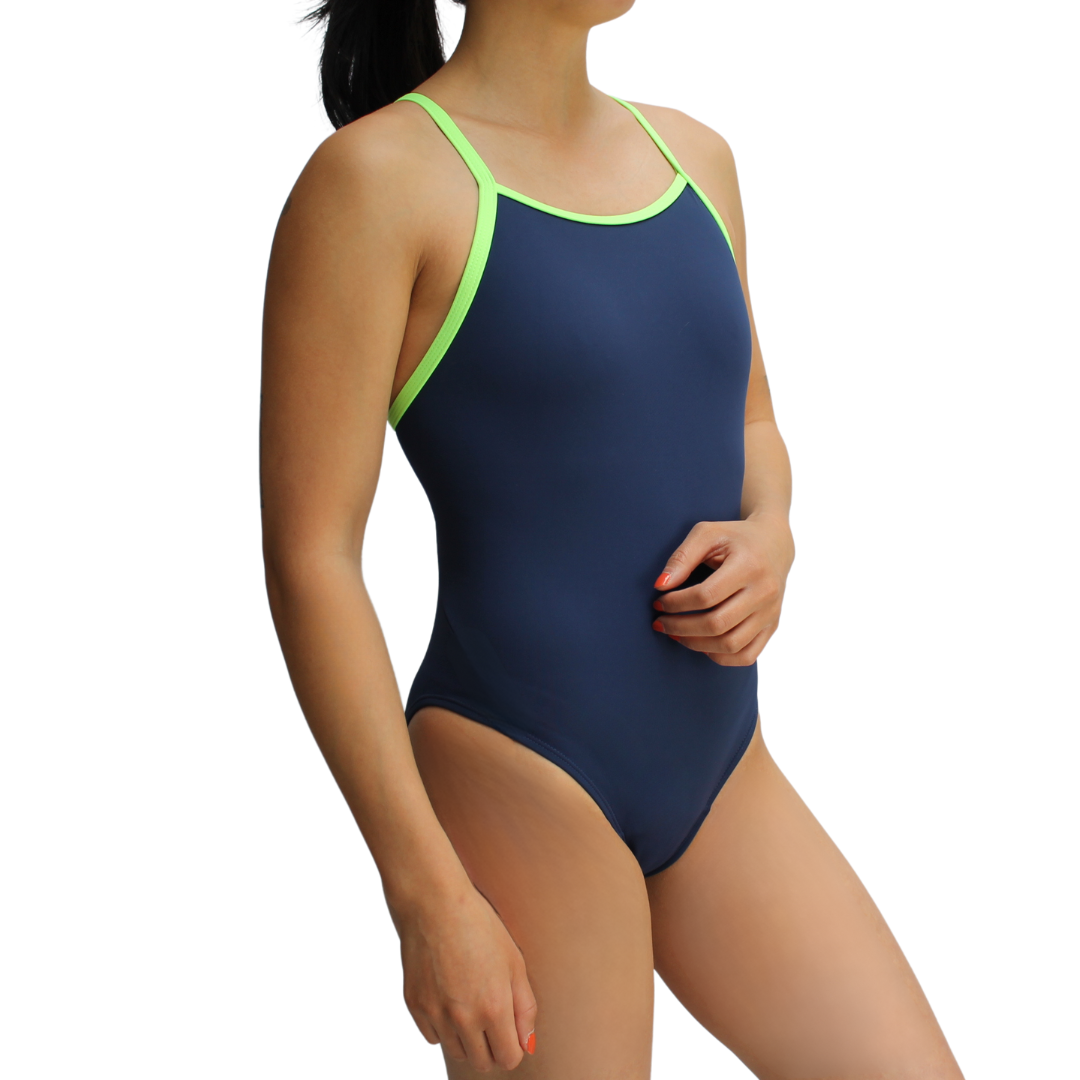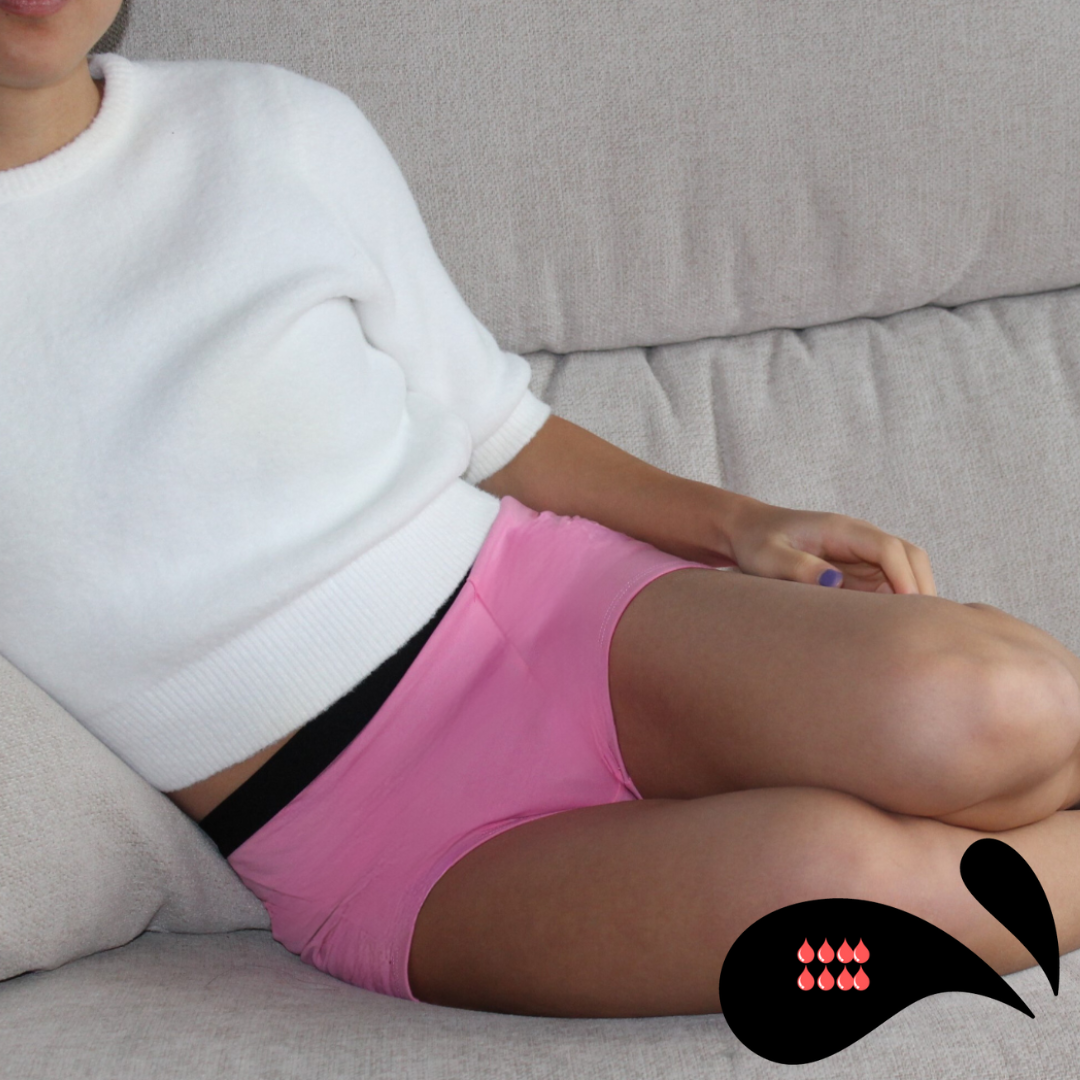I want to talk a little around the whole area of Teens, Women and People who Menstruate and intellectual disability. I don't think we really have a handle internationally on the impact of periods on persons with an intellectual disability. When I was researching the topic, there was lots of information on the disability side but no clear understanding of any practical solutions of how we can help manage periods and make them easier for this part of our community.
I read a bit on taking hormonal treatment to stop periods altogether for people with intellectual disabilities. I don't know what to make of that and I worry about the human rights violations of making that decision for someone else. However, I believe you must walk a mile in someone's shoes to know what is best for any one family and I am not in the business of judging anyone, anything but. I feel conflicted between the Nurse in me and the Barrister in me on this one, almost heart over head or maybe the other way around. What do you think?
Girls with intellectual disabilities usually go through puberty at the same time as those without disabilities according to a study by the National Institute of Health, Washington DC.
Their level of understanding of what is happening can however, provide a challenge for themselves, their carers and for example in their school environment. The skill of managing their period can be challenging and many parents have said to me that the biggest worry that they have for their child reaching puberty is the worry around how they will manage their periods.
Many teens and women with intellectual disabilities, have fear at the sight of blood, and that is understandable, remember that they have always associated blood with pain, like falling cutting their knee. So now they see blood coming from their body, that you can't just put a bandage on, that you can't wipe away and it just keeps coming day after day for 5-7 days and then it happens all over again in a month's time and for the next 30-40 years. So it is a lot to get used of!
Teens and women with intellectual disabilities many have difficulty too with a range of cognitive based tasks including:
- understanding of concepts
- Understanding and mastering the skills of managing their period
- Remembering what they might have learnt last month
- Taking longer to learn the necessary skills to manage their period alone or assisted
- Remembering the practical steps
- Social understanding of what they can and maybe cannot do in public, I have had parents reach out where their child is taking the blood soaked pad off in public places. Just remember that everyone around you will be understanding, but sometimes that doesn't make it easier when you are going through it in the middle of a busy supermarket or at school where there might be the biohazard concerns of blood soaked pads. We have solved this one with Nixx, at least when they have Nixx Period Underwear on, they can't easily remove it and the protective panels are black so they can't see the blood and that has definitely cracked these issues.
All girls benefit from preparation before they get their period. With girls with intellectual disability, you might need to do this preparation, little and often, reinforcing the knowledge and building on it. I know it can be hard to establish what they have actually taken in but I always say that we can't assume anything and they still deserve to be told what is going to happen and what will happen to their bodies in a way that they can understand, through story telling or otherwise. Picking good times to have these chats is always wise, you will know your child better than anyone and know when the time is good.
When I speak to parents with children with disabilities, I often get them to start the child wearing their Nickeze before they get their period so that it isn't anything new to them when their period comes. And if there are sensory issues, at least you have ironed them out. The most common sensory issues that I see are in relation to pads as in many cases tampons can't be used. They seem to tolerate period pants much better. We can make Nickeze in fabrics that the child can tolerate too. I have a beautiful teen working with me and she is helping me to design a Nickeze for teens with autism. I have the best helper ever! And who better to help design it than someone also has autism.
Other difficulties that can be encountered are the changes in behaviour which may or may not be attributed to the menstrual cycle. We al have encountered this, days in which we could eat iron! Those unexplained emotion, a bit more cranky and contrary. A bit more emotional, more sensitive. Are we good at expressing them or knowing how we are actually feeling? Imagine not being able to express how you are feeling, even if someone wanted to listen.
As parents, carers, I feel the best way to manage this is to chart the behaviours monthly, not just the 'negative' behaviours but what is making the person feel good. That way it will be easier to pin point the behaviours that may be associated with periods. Are the behaviours coming from pain? Tummy cramping, do the behaviours improve after pain relief? Heating pad applied to the tummy, a warm bath, exercise, abdominal massage? Is there anything different in the behaviour coming up to the days of the period?
So how can we make it better? Teens and women with intellectual disabilities have the same menstrual problems as other women. The difference is that many of us can express how we feel, maybe rationalise it, self manage it with things that make us feel better. We know what is going on, we know that it will go away after 5 days approximately, we can feel sorry for ourselves.
We can judge what we are able for on our periods, and what we aren't, and that can be different month to month. We need to apply the same logic to teens and women with disabilities. So, when they can't tell us, sometimes it is a process of elimination but sometimes we just have to go with it.
Period Pain is a stressor and that needs to be actively managed. Imagine sitting in pain and not being able to tell anyone? Assume pain and treat accordingly and according to medical advice on what can be given as there may be contraindications for using a particular pain relieving medication and some may interact with other medications that the person may be on.
I am always here to help and please do reach out. I may not have all the answers but I do have a network that I can ask and see if there are particular solutions to particular problems. No one should feel alone, or feel unsupported. We are a community of teens, women, people who menstruate, and we need to work on creating a community around positive menstruation and part of that is giving a voice to our teens and women that don't have that voice, that cannot represent themselves. Public Policy needs to consider these issues, what can we do better? Let's raise awareness of these particular challenges in some within our community of 'perioders' that is dignified, targeted in its individual responses and show that we truly do care.
Ellie
- Nickeze
- www.nickeze.com
- nickeze@nickeze.com





